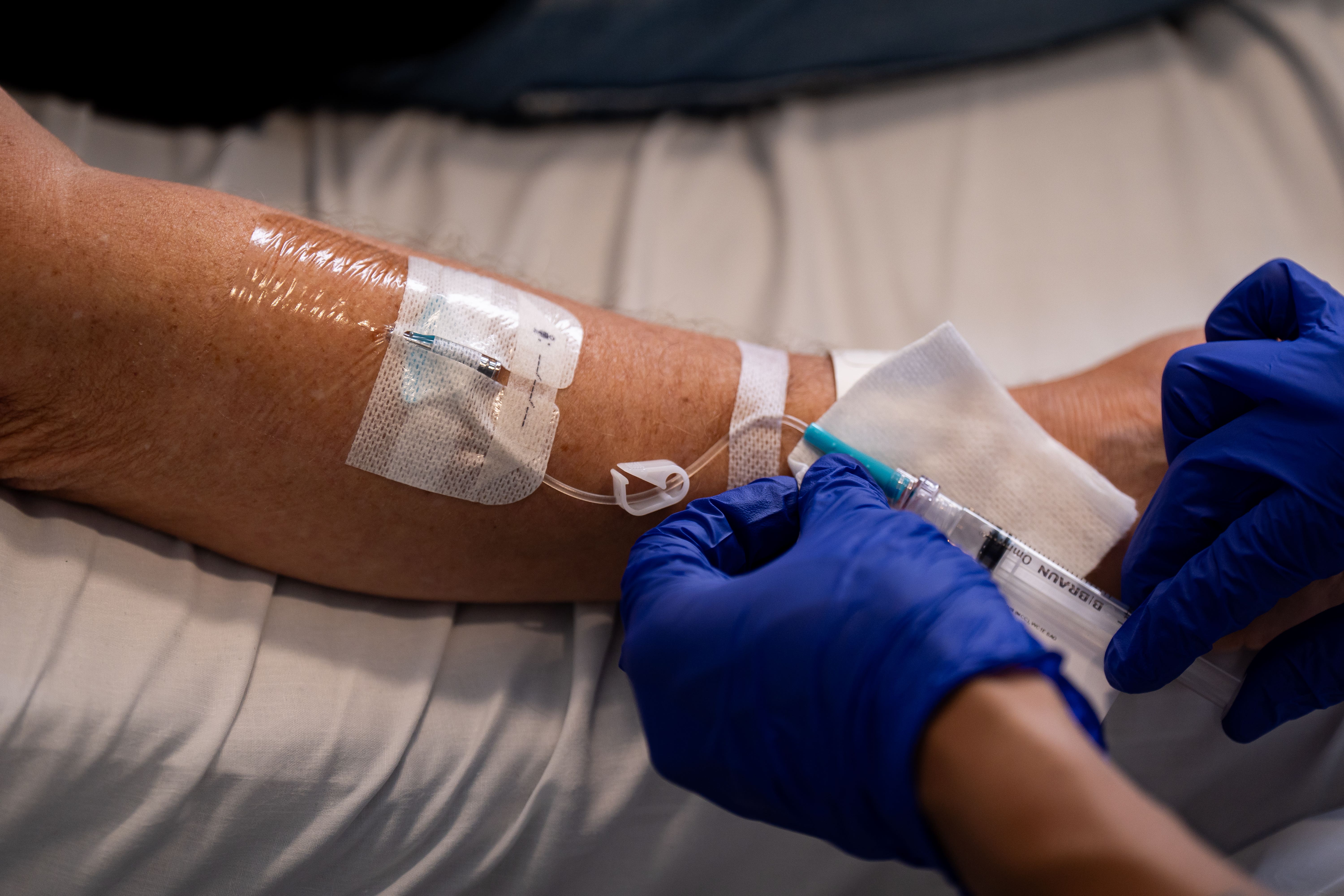World-First Lung Cancer Vaccine Trials Launched Across Seven Countries

World-First Lung Cancer Vaccine Trials Launched Across Seven Countries
Date: August 23, 2024
In a groundbreaking development in the fight against lung cancer, the world’s first lung cancer vaccine trials have been launched across seven countries. This innovative approach aims to provide a new line of defense against one of the deadliest cancers worldwide, offering hope to millions of patients and revolutionizing cancer treatment.
Overview of the Lung Cancer Vaccine
The lung cancer vaccine, has been developed through years of intensive research and collaboration among leading oncologists and researchers. The vaccine is designed to target specific proteins on the surface of cancer cells, stimulating the immune system to attack and destroy these cells. Unlike traditional treatments such as chemotherapy and radiation, this vaccine aims to provide a more targeted and less invasive method of combating lung cancer.
The vaccine is not intended as a preventive measure but rather as a treatment option for patients already diagnosed with lung cancer. It is particularly aimed at those with non-small cell lung cancer (NSCLC), the most common type of lung cancer, which accounts for about 85% of all lung cancer cases.
Countries Participating in the Trials
The clinical trials are being conducted in seven countries: the United States, Canada, the United Kingdom, Germany, Japan, Australia, and India. These countries were selected based on their advanced healthcare infrastructure, diverse patient populations, and strong commitment to cancer research.
Each participating country has set up multiple trial centers in leading hospitals and research institutions, ensuring that a wide range of patients can participate. The trials are expected to enroll thousands of participants over the next few years, providing comprehensive data on the vaccine’s efficacy and safety.
Trial Phases and Patient Eligibility
The trials are being conducted in several phases:
- Phase I focuses on determining the safety and optimal dosage of the vaccine.
- Phase II will evaluate the vaccine’s effectiveness in a larger group of patients and further assess safety.
- Phase III will compare the vaccine to existing treatments to determine its overall effectiveness.
Patients eligible for the trials include those with a confirmed diagnosis of non-small cell lung cancer, particularly those in the early stages of the disease. Participants will be closely monitored throughout the trial, with regular assessments to track the vaccine’s impact on tumor growth, patient survival rates, and overall quality of life.
Global Impact and Future Prospects
The launch of these trials marks a significant milestone in cancer treatment. If successful, the lung cancer vaccine could become a standard treatment option, reducing the need for more aggressive therapies and potentially improving survival rates for lung cancer patients worldwide.
Leading oncologists have expressed cautious optimism about the trials, noting that while the vaccine represents a major advance, it is still in the experimental stage. The results of these trials will be crucial in determining the vaccine’s future role in cancer care.
Statements from Researchers and Healthcare Officials
Leading oncologist involved in the trial, stated, “The launch of these trials is a testament to the incredible progress we’ve made in understanding cancer and harnessing the power of the immune system. This vaccine has the potential to change the way we treat lung cancer and offer new hope to patients who currently have limited options.”
Healthcare officials in the participating countries have also welcomed the trials, highlighting the importance of international collaboration in tackling global health challenges.
Patient and Public Reaction
The announcement of the vaccine trials has been met with a mix of hope and curiosity among patients and the general public. Many lung cancer patients have expressed interest in participating in the trials, seeing it as an opportunity to contribute to cutting-edge research that could benefit future generations.
Public health advocates have emphasized the need for continued support and funding for cancer research, urging governments and private institutions to invest in innovative treatments like the lung cancer vaccine.
Conclusion
As the world’s first lung cancer vaccine trials get underway, the global medical community and patients alike are watching with great anticipation. These trials represent a bold step forward in the quest to conquer lung cancer and may pave the way for a new era in cancer treatment.